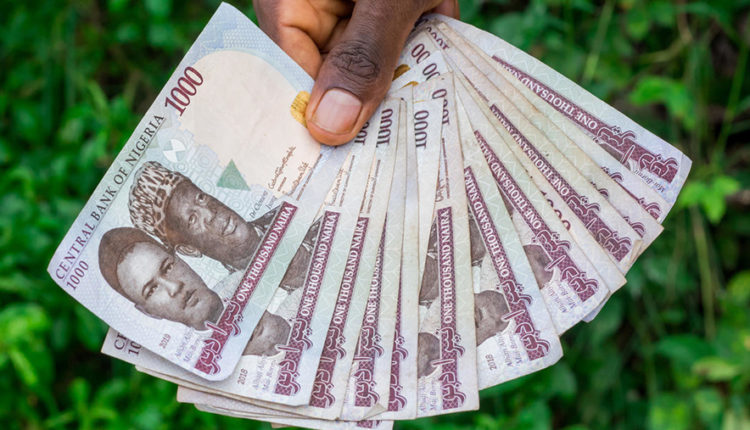Nigeria not seeking debt relief, rules out Eurobond sale
Nigeria will not request a delay in debt-service payments this year from bilateral and commercial creditors, the largest economy yet to turn down a debt holiday offered to the world’s poorest nations.
“Nigeria is not planning to ask for debt repayment deferment for our commercial loans or for our bilateral loans from our bilateral creditors,” Finance Minister Zainab Ahmed said in a call with investors organized by Citigroup.
The decision marks a shift after the government reached out to bilateral and multilateral lenders in May to try to waive debt payments this year as the pandemic battered Africa’s largest economy. In April, Ahmed had said the government did not intend to suspend Eurobond payments, but planned to seek relief from its biggest bilateral creditor, China.
President Muhammadu Buhari had called on multilateral lenders to cancel debt payments from countries struggling with the new virus.
Nigeria, the continent’s top oil producer, has also ruled out a sale of Eurobonds this year after market conditions deteriorated sharply at the start of the Covid-19 outbreak, Patience Oniha, director general of the Debt Management Office said in the same call.
“Not for this year, but certainly to go back to that market, we have to see where the levels are,”Oniha said when asked if the government planned to return to international debt markets. “Borrowing in the domestic market became cheaper than borrowing in international markets.”
The threat of credit downgrades has kept many countries from seeking an eight-month suspension of $12 billion in debt payments offered by the Group of 20 leading economies to help the world’s poorest countries. Nigeria, the biggest economy eligible for debt relief, could have saved $107.5 million under the initiative, according to the World Bank.
Nearly half of Nigeria’s outstanding external debt is with multilateral lenders. The World Bank Group is its top creditor with $10.1 billion in loans. Beijing-based Export-Import Bank of China is the second-largest single creditor with loans totaling $3.2 billion, while Eurobonds account for $10.86 billion or 39% of external debt, according to the debt management office.



